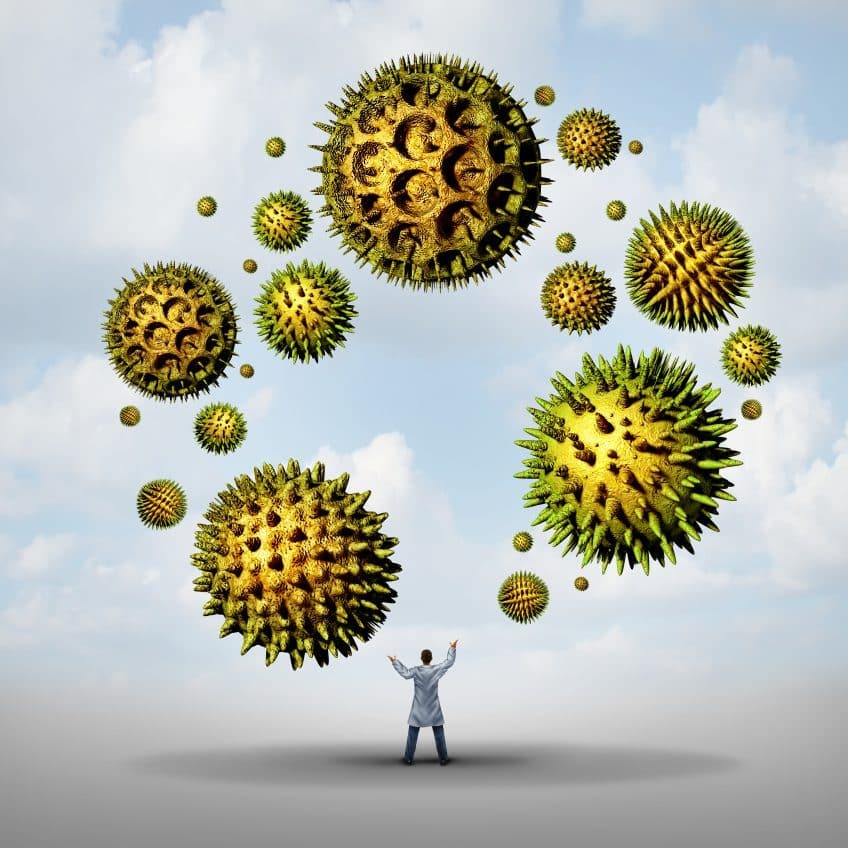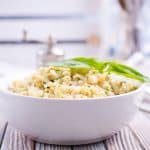
Foods To Combat Your Hay Fever Woes
While many of us welcome the warmer weather and blossoming of trees, there are approximately 10 million hay fever sufferers in Britain who dread this time of year as it is filled with sore, itchy eyes and incessant sneezing.
At this time of year, 2.5% of all Doctors appointments are relating to hay fever complaints, with more than £50 million being spent on medication in an effort to curb symptoms.
Medications such as antihistamines and steroid based treatments succeed for many, but are expensive and very often have side effects such as drowsiness, nasal irritation and mood changes.
However, there has been significant research to show that what you eat can have a hugely positive impact on your hay fever symptoms, and in some circumstances, can rid you of them altogether.
The overall approach includes eating foods that reduce mucus and histamine production due to their natural antihistamine and anti-inflammatory properties.
The following properties and foods will best prepare you to overcome your hay fever symptoms.
|
Quercitin |
| Quercitin is a flavonoid that has been shown to stop the production and release of histamine. |
| Cranberries |
| Pepper |
| Onions |
| Kale |
| Apples |
| Berries |
| Parsley |
| Garlic |
|
Bromelain |
| Bromelain is a natural protein digesting enzyme that has been shown to increase the efficiency of quercitin. |
| Pineapple |
|
Vitamin C |
| Vitamin C is immune boosting and has been shown to decrease the production of histamine. |
| Kiwi fruit |
| Papaya |
| Mango |
| Strawberries |
| Citrus fruits – but not oranges! |
|
Probiotics |
| Probiotics are good bacteria that improve both the balance in your gut and the immune system, helping to protect you against allergens. |
| Yoghurt |
| Cheese |
| Sauerkraut |
| Pickles |
| Garlic |
|
Omegas 3 and 6 |
| Omega 3 and 6 are essential fats that contain anti-inflammatory properties. |
| Seeds – linseed, pumpkin seeds, sunflower seeds |
| Plain nuts – almonds, pine nuts, pistachios, Brazil nuts |
| Oily fish – Salmon, sardines, anchovies, mackerel, herring, trout |
| Avocado |
| Kale |
| Spinach |
|
Beta-carotene |
| Beta-carotene converts to Vitamin A within the body, which aids in the production of health mucus membranes throughout the respiratory system, reduces infection and inflammation and boosts the immune system. |
| Apricots |
| Mangoes |
| Papaya |
| Pumpkin |
| Carrots |
| Orange peppers |
| Sweet potato |
| Spinach |
| Kale |
| Melon |
|
Curcumin |
| Curcumin is a powerful antioxidant and anti-inflammatory found to have anti-allergy properties, which help to minimise the release of histamine. |
| Turmeric |
| Curry powder |


